
Activities
How Robotic Dog for Seniors Improve Quality of Life
Robotic dogs for seniors are here to transform the lives of older adults by offering comfort, mental health improvement, and a way to combat loneliness.

Activities
Robotic dogs for seniors are here to transform the lives of older adults by offering comfort, mental health improvement, and a way to combat loneliness.

Behavior Modification
Lack of sleep can trigger hallucinations, especially after prolonged periods of sleep deprivation.Learn how sleep loss affects the mind and ways to prevent sleep-deprivation hallucinations.

Behavior Modification
Gabapentin is a medication commonly prescribed to treat a variety of conditions, from seizures and nerve pain to peripheral neuropathy and bipolar disorder. While it is generally accepted to be safe when taken as directed, there are some reports that suggest gabapentin may be linked to experiences of hallucinations. Additionally,

Behavior Modification
Hallucinations can stem from medical conditions, medications, dementia, or mental health disorders. Learn about common causes, symptoms, and how to manage or seek help for loved ones experiencing hallucinations.
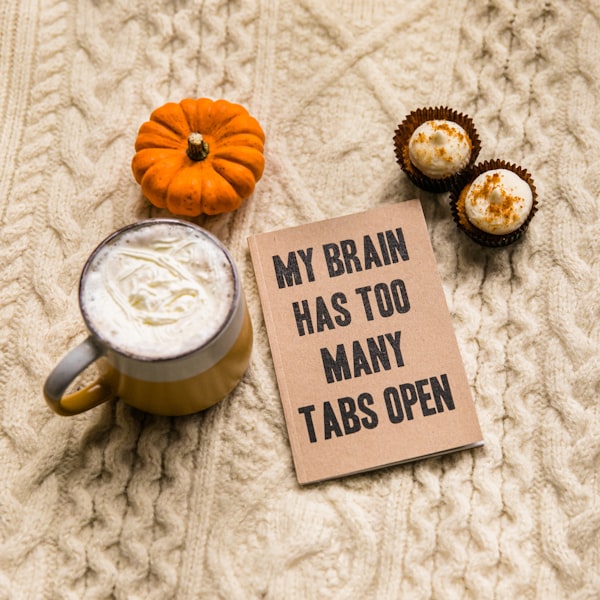
Behavior Modification
Melatonin is commonly used to regulate sleep, but can it cause visual hallucinations? This article explores the potential side effects of melatonin, including its impact on vision and mental clarity, helping you understand the risks and benefits of this popular sleep aid.
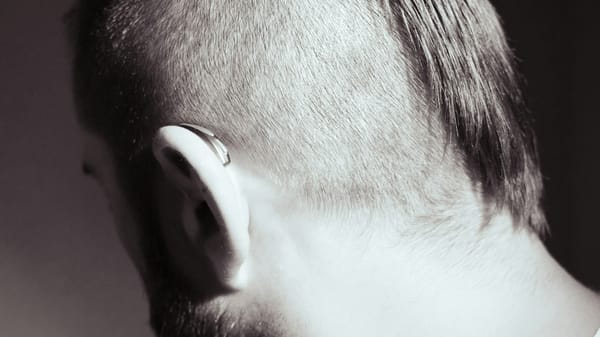
Behavior Modification
Auditory hallucinations are a type of phenomenon that can happen to anyone, and they can be both confusing and frightening. They are usually experienced as hearing voices in the absence of any external stimulus. These voices may be heard as whispering, shouting, or as foreign languages. We often refer to
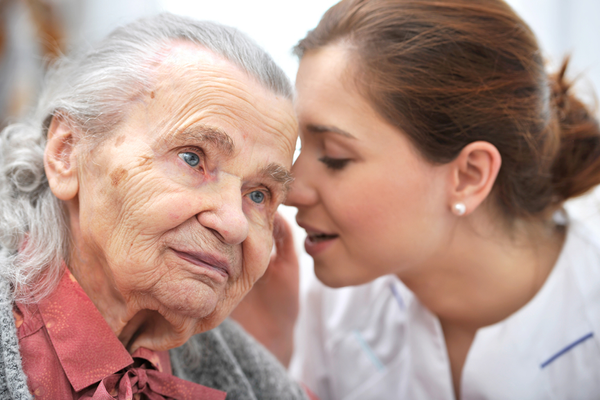
Behavior Modification
Dementia can bring about many challenging symptoms, but for me, aggression was the most difficult to deal with. In this personal account, I share how I was able to defuse my mother's anger and create happier memories, despite the dark sides of dementia.
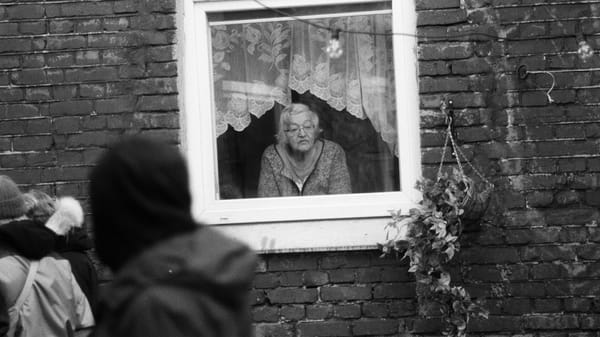
Alternative Approaches to Care
What is Dementia? Dementia is an umbrella term for a range of conditions that cause changes in a person’s thinking, emotions, and behavior. The different types of dementia include Alzheimer’s disease, vascular dementia, Lewy body dementia, and Parkinson’s disease. While the causes of dementia vary, all involve
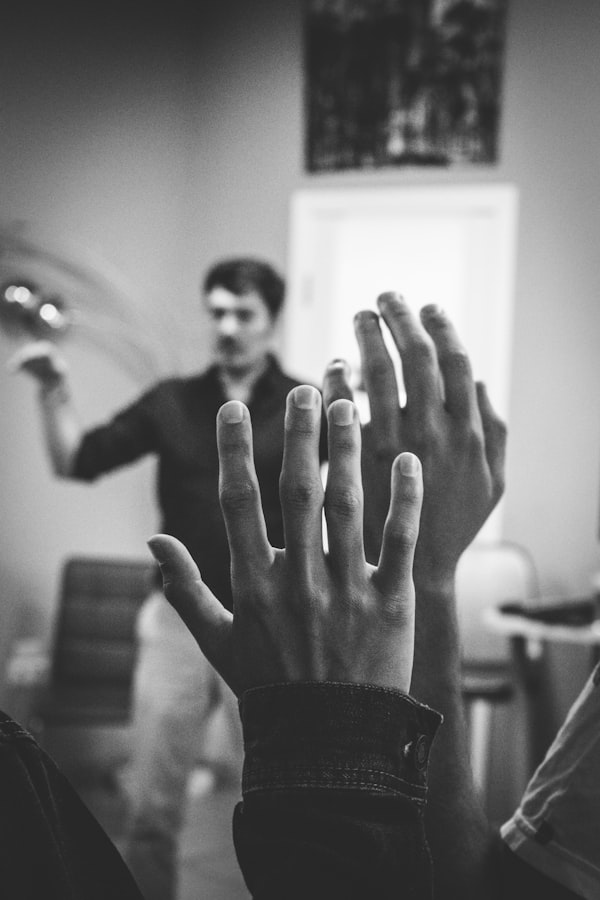
Behavior Modification
Introduction Dementia is a general term which describes a decline in cognitive functioning that can interfere with one's daily life. It is not a single disease, but rather a set of symptoms that can accompany various neurological disorders. Symptoms can range from memory loss to difficulty speaking and

Medical Conditions
Kidney infections can lead to severe complications, including hallucinations in some cases. When left untreated, the infection can spread, causing confusion, delirium, or hallucinations due to sepsis or kidney failure.

Alzheimer's
Difficult behavior can manifest itself in many ways, from tantrums and acting out to more subtle behaviors such as not listening, being uncooperative, or exhibiting negative attitudes. It’s important to be aware of the signs of difficult behavior, to understand the causes, and to know how to address it

Behavior Modification
Introduction: Understanding Difficult Behaviors in Seniors As our loved ones get older, it can be difficult to recognize when they are exhibiting behaviors that were previously not present. Difficult behavior in seniors is defined as any type of behavior that is disruptive, impulsive, and out of character for the person.